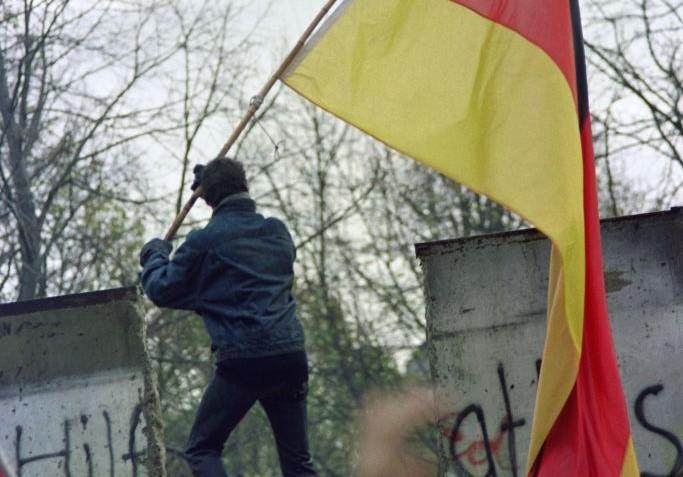In the introduction to his book “Heroes,” historian Paul Johnson remarks on the difficulties inherent in defining a hero. He finally concludes that “heroic behavior is to be found in every age and in all kinds of places. The chief criterion is the verdict of the public and this, being arbitrary, eccentric and often irrational (as well as changeable), gives a salty flavor to the business.”
Americans have tasted this salt in the 21st century. Academics, politicians, and a mob of followers have assailed icons of history like George Washington, Thomas Jefferson, and Robert E. Lee, going so far as to deface or tear down their statues because of their connections to slavery. Christopher Columbus, Abraham Lincoln, Booker T. Washington, Theodore Roosevelt, and others have also come under attack, all for a variety of reasons.






